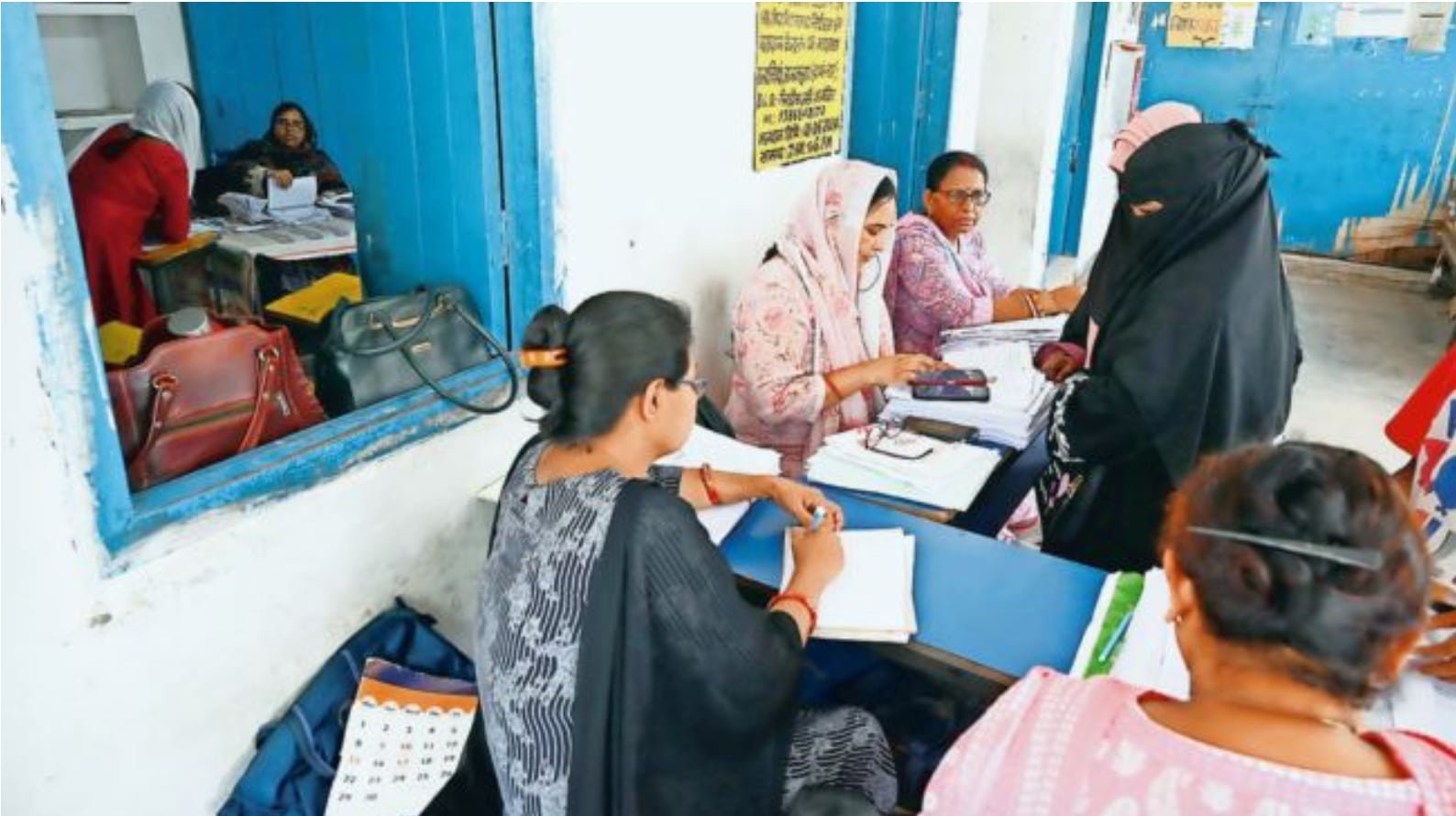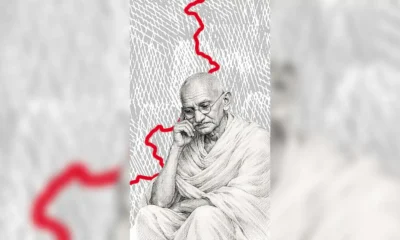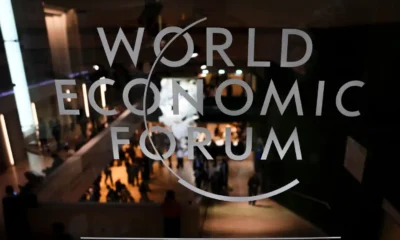
|
Getting your Trinity Audio player ready...
|
(The article was originally published in Indian Express on July 26, 2025 as a part of Dr Madhav’s column titled ‘Ram Rajya’. Views expressed are personal.)

It is heartening to see the Election Commission of India (ECI) stand firm on its now-complete Special Intensive Revision (SIR) of the electoral rolls in Bihar ahead of the upcoming elections to the state legislature. The Opposition parties have been stalling Parliament, arguing that the SIR is politically motivated and intended to deprive lakhs of voters of their voting rights. They threaten to boycott elections, too. The ECI is a constitutional body with autonomous powers and responsibilities. Those critical of its actions have approached the Supreme Court. They could have gone to the ECI itself.
The Supreme Court did raise some concerns and sought clarifications from the ECI, but it refused to stay the verification process as demanded by the petitioning NGOs. The ECI refused to budge before the political threats and reacted strongly to their criticism, asking whether “fearing these things”, it should “pave the way for some to cast fake votes in the name of deceased voters, voters who have migrated permanently, or those registered in two places, fake voters or foreign voters?”
India opted for universal adult franchise at the time of Independence, which was not so common even in Western countries. The US reached that stage only in 1965 through the Voting Rights Act. Full suffrage became a reality in the UK through the Representation of the People (Equal Franchise) Act, 1928. Learning about India’s decision, Britain’s then-Prime Minister, Clement Atlee, found it appropriate to warn Jawaharlal Nehru that “the Asiatic republics are few and of recent establishment. Their record is not very encouraging. They tend to degenerate into dictatorships or oligarchies.”
But the Indian leadership had decided, while drafting the Nehru Report in 1928, that every eligible citizen aged 21 years or above would have the right to vote. B R Ambedkar was insistent that it should be a fundamental right. However, in its wisdom, the Constituent Assembly decided to incorporate it not as a fundamental right under Part III of the Constitution, but as a constitutional right under Article 326. This distinction is important to keep in mind because too much is said about the burden of proof being shifted onto citizens under the SIR. The right to vote, being a constitutional right, is subject to scrutiny from time to time for the eligibility of a given individual. In fact, the Representation of the People Act clearly stipulates several disqualifications with respect to the right to vote. They include non-citizenship, being of unsound mind, convictions for certain offences, non-residency, and being in prison.
It is in exercise of these provisions that the ECI sought to undertake this SIR. It concluded the first phase of door-to-door verification with the help of thousands of Block Level Officers (BLOs) and other officials. Setting aside criticisms, the ECI declared that 99 per cent of electors had been covered through this exercise and that it had helped the ECI identify 2.16 million voters who were dead. Another 3.15 million were found to have permanently migrated while one lakh people were untraceable. This number constitutes around 8 per cent of the total 72.1 million voters in Bihar. There shouldn’t be any controversy over those who are deceased or have migrated. Less than 1 per cent of voters failed to submit their forms about whom both the political parties and the ECI should seriously bother.
This is not the end of the process anyway. The revised lists of voters will be supplied to the 12 registered parties by August 1. Parties will have one full month to challenge any of the deletions since the petitioners in the Supreme Court argued that the BLOs didn’t do their job “given the impossible deadlines”. The BLOs had one month to complete this exercise during which time they were expected to visit around 300-400 households. This accounts for less than 15 houses on a given working day, a task the petitioners think is “impossible”. They even accused those BLOs, who often belong to poor and lower-middle-class sections, of harassing, cheating, and even seeking bribes from voters.
Electoral reforms are never easy. It took four decades and an officer like T N Seshan to attend to booth capturing, bogus voting and impersonation. Seshan, a courageous officer, faced innumerable challenges when he attempted to clean up electoral rolls, introduce voter ID cards and force leaders to religiously follow the Model Code of Conduct, which was otherwise considered just a piece of paper by them. Attempts were made to impeach him in Parliament at least twice. Two additional election commissioners with equal powers were added, making the Commission a three-member body to curtail Seshan’s authority. Seshan determinedly fought back and took the matter to the Supreme Court. “I have politicians for breakfast,” he once commented.
Seshan’s efforts resulted in major reforms. More importantly, they gave teeth to the Commission, which was until then seen by the political class as a paper tiger. Subsequent election commissioners upheld the majestic and independent role of the Commission in conducting elections in a fair and transparent manner. Over the past few decades, India’s electoral system, despite being of humongous size with 960 million voters and one million polling stations, has proved to be one of the most successful and efficient systems, one that several countries wish to emulate.
The occasional revision of electoral rolls is a mandatory practice in any country. Given the large-scale migration happening in our country, the Commission’s decision to undertake an intensive revision of the rolls in the entire country, starting with Bihar, must be welcomed by all parties.



